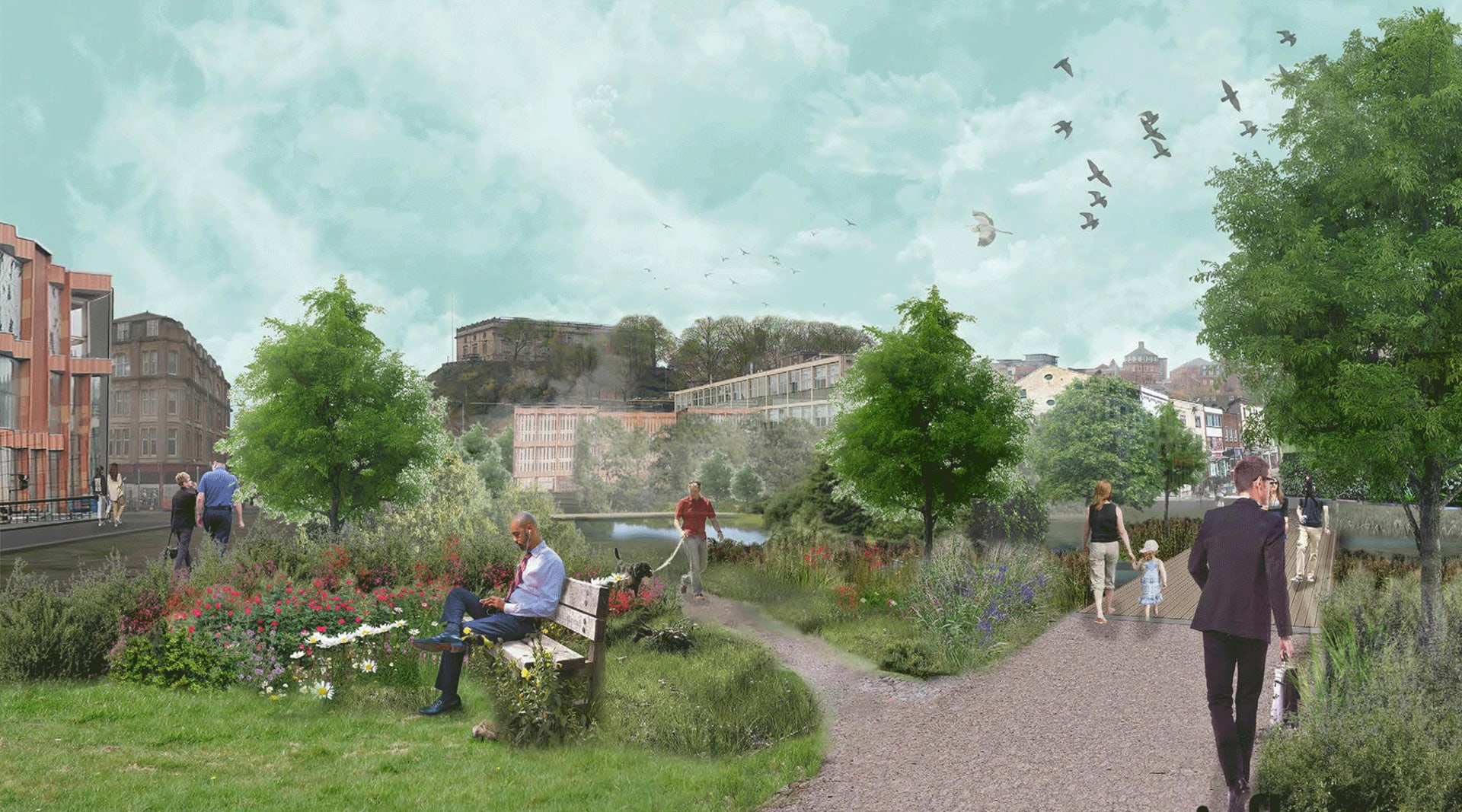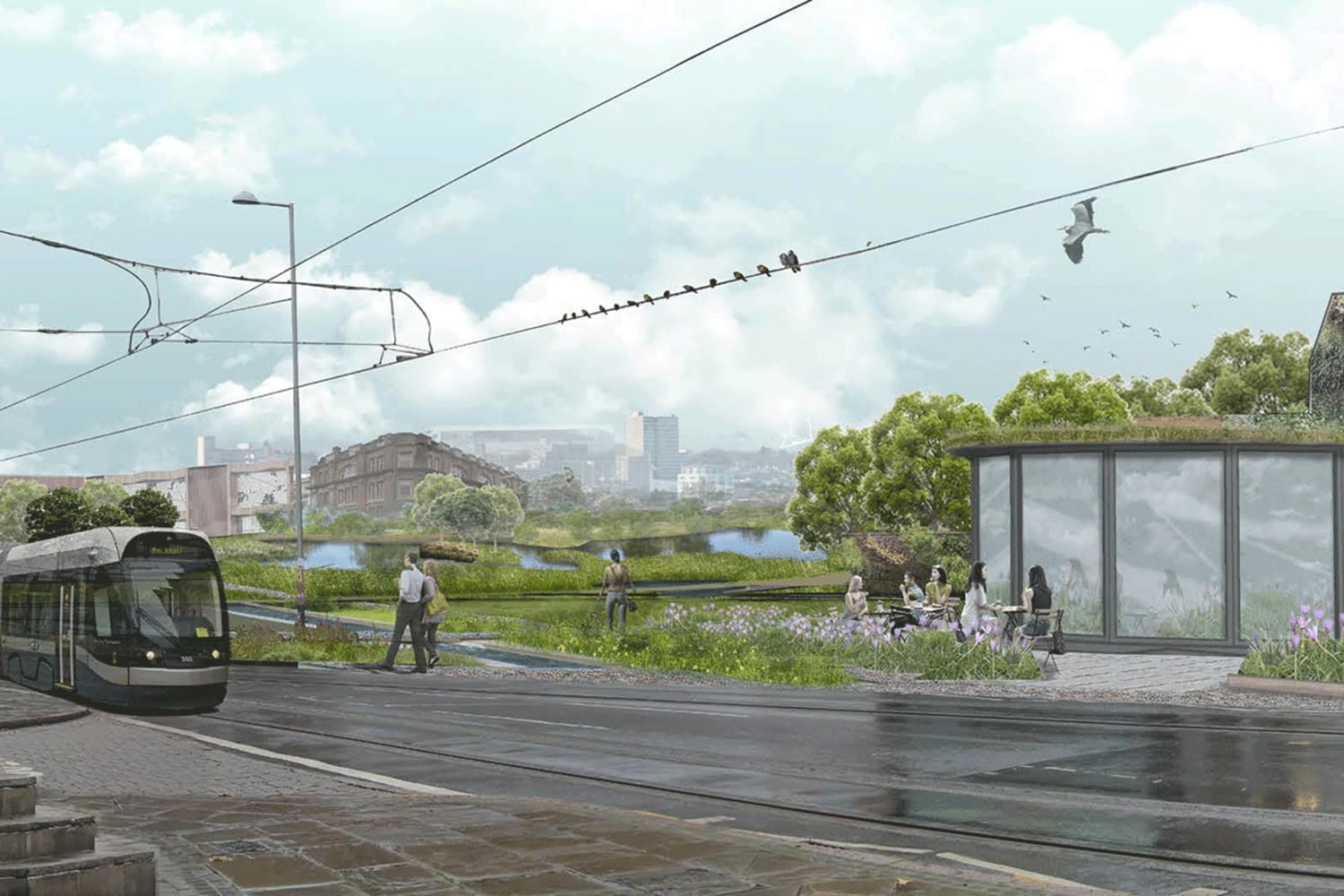Our relationship with nature has been reset: 82% of people now say they value nature more than before the pandemic, according to our research. If lockdowns have taught people anything, it’s the benefit of the natural world on their happiness and health.
Contact with nature has proven benefits for wellbeing, yet many lack access to green spaces, particularly those in poorer neighborhoods. In urban areas, a correlation between income and tree cover has been documented in cities such as San Francisco, Johannesburg and Mexico City. In the United States, people of color are three times more likely to live in nature-deprived areas, according to a report led by the Hispanic Access Foundation and the Center for American Progress.
Enter rewilding, a trend we reported on in “The Future 100: 2021.” In an urban context, it’s about bringing nature back to the city. “It’s not only about wildlife and ecosystem services,” explains Kate Hardwick, conservation partnership coordinator at Royal Botanic Gardens, Kew, “it’s about the mental wellbeing benefits.”




